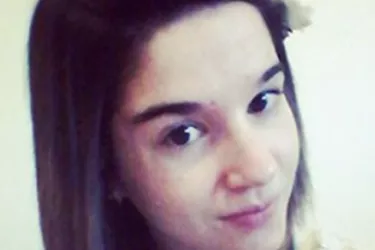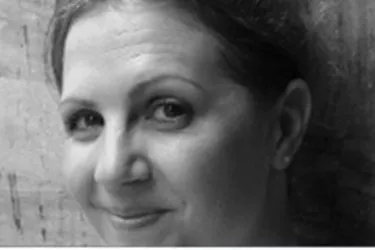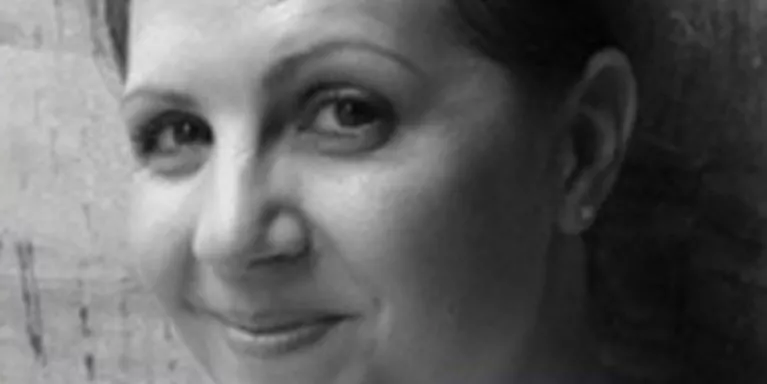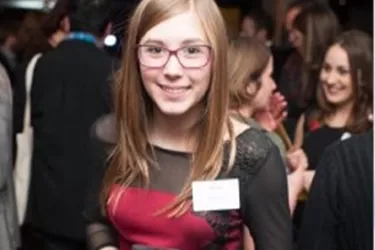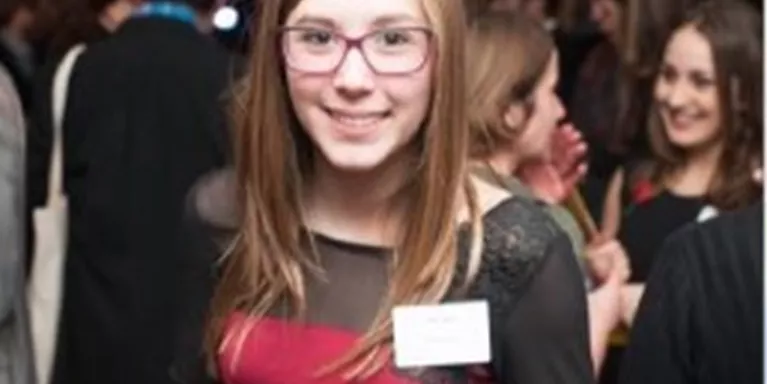Sophie helped me feel safe in yoga
Beth blogs about how her yoga teacher helped her learn how to trust and boosted her mental health.
Trying to find a yoga class that suited both my physical health abilities and was trauma-informed seemed impossible. I was lucky to find a gentle class that was specifically for individuals with health conditions, but that was only half of the problem. I had a choice to make when I nervously went along to my first class: should I trust Sophie, the yoga teacher, and share how my mental health may impact my practice? It takes me a long time to build up trust in someone and to feel able to confide in them, so I didn't say anything to her and just hoped for the best.
It was pretty obvious to Sophie from the first class that all was not well. Despite my attempts to appear ‘normal’, doing movements that reminded me of past trauma was extremely intense and felt unsafe. My mind did what it was used to doing to try to protect me and dissociated.
In the context of an overwhelming traumatic event, dissociation is not a problem. In fact, it can be a life-saving coping mechanism. But if, like me, you had to dissociate on a regular basis or for a long period of time during childhood, then dissociation can still occur even when the danger has passed. It becomes the brain’s ‘go-to’ coping strategy.
“I was worried that she wouldn’t want me in the class that she might find me ‘too much’ or disruptive.”
Before my next class Sophie took me to one side where we could have a private conversation and checked in to see how I’d found the first session. I realised that if I was to keep going along to the class then I would have to be honest with her. To begin with, I didn’t tell her much, just that I was on a healing journey from childhood trauma and sometimes dissociated. I was worried that she wouldn’t want me in the class; that she might find me ‘too much’ or disruptive.
Sophie was so supportive
There was no need to have worried. From the start, Sophie was incredible and has been so supportive. She wanted to know how she could best help me during class, what to look out for that might indicate I had dissociated, and how to ‘bring me back’ if I did. It felt so encouraging that basically a stranger was willing to do what she could to help me access yoga as safely as possible. I was able to discuss all of Sophie’s questions with my therapist and then let Sophie know how we might manage in a class setting (I would advise anyone who starts yoga that has experienced complex trauma to be working with a therapist).
To begin with during yoga classes, so many things would cause me to dissociate - a movement or pose that my brain would link to the trauma I’d experienced; someone walking into the room by mistake; a loud noise from outside; being next to someone in class who I wasn’t normally; watching others in the class do a move I would find triggering (even if I wasn’t doing it myself)… the list was endless. For the first few years I would often dissociate multiple times during the session. Not only was this distressing for me, but it also meant I took Sophie’s focus away from everyone else in the class whilst she supported me.
Despite the level of support that I’ve needed, I’ve never felt like a burden or that I’m not welcome in the class. In fact I feel part of a community of lovely individuals and look forward to going along each week, even if I know the actual class may be challenging. When I have needed assistance in class, Sophie has always given this in a discreet way so that the attention of other class members is not drawn to me.
“When I’d had a particularly tricky time, we might be in touch afterwards so that Sophie could check I was okay.”
I know that she is always keeping an eye on me throughout the class and if she notices me struggling, she will come to stand near me. She makes sure to give me a private space beforehand to have a chat if I need one, and support after the class if needed. Especially during my first few years of attending class, I would often need time afterwards to ground myself and make sure I was ready to drive home. When I’d had a particularly tricky time, we might be in touch afterwards on email or WhatsApp so that Sophie could check I was okay.
Yoga helped my mental health generally
For a couple of years Sophie and I also had 1-2-1 sessions outside of class which really sped up my progress. They also helped Sophie get to know me better, which in turn assisted her in supporting me during class yoga. They gave me the confidence more recently to try 1-2-1 sessions with different practitioners which have further assisted my healing journey. Having yoga as a practice to use in day-to-day life has helped my mental health generally. I can use movements I feel comfortable and safe with, as well as breathwork outside of class to support me.
I have now been going to Sophie’s class for over six years, and I am a very different person to the one who walked nervously through the doors all those years ago! It is now a rarity if I fully dissociate during class. I am able to do many movements that before would have been too triggering. I can use my breath to keep me grounded and have multiple coping mechanisms to help when I’m struggling. Sophie’s support, intuition, kindness, patience and unwavering faith in me has helped me to make so many steps forward and grow as a person. I wouldn’t be where I am today without her.
Related Topics

Information and support
When you’re living with a mental health problem, or supporting someone who is, having access to the right information - about a condition, treatment options, or practical issues - is vital. Visit our information pages to find out more.
Share your story with others
Blogs and stories can show that people with mental health problems are cared about, understood and listened to. We can use it to challenge the status quo and change attitudes.










